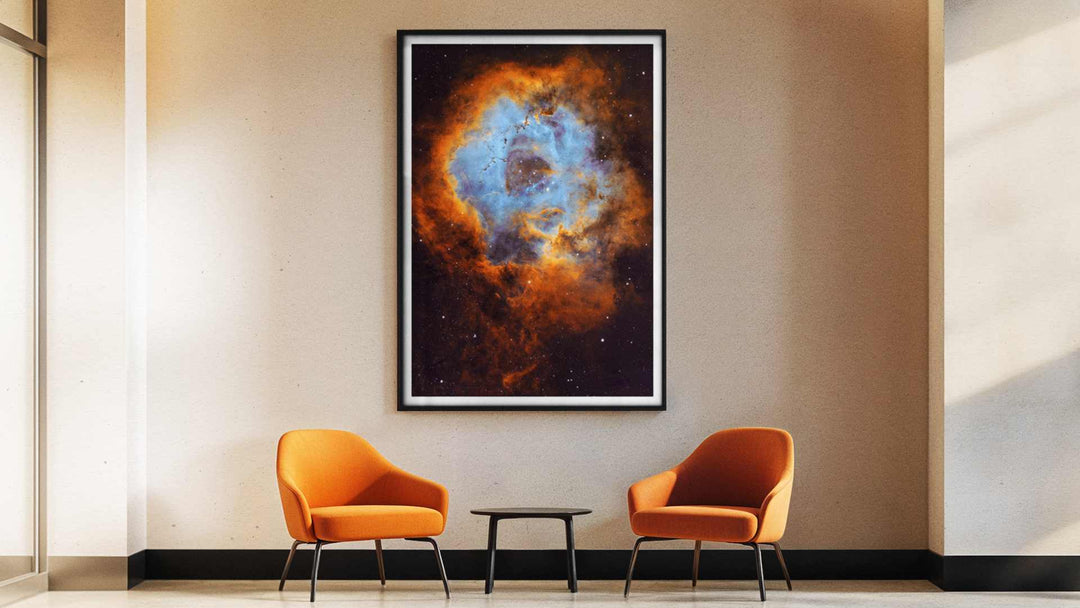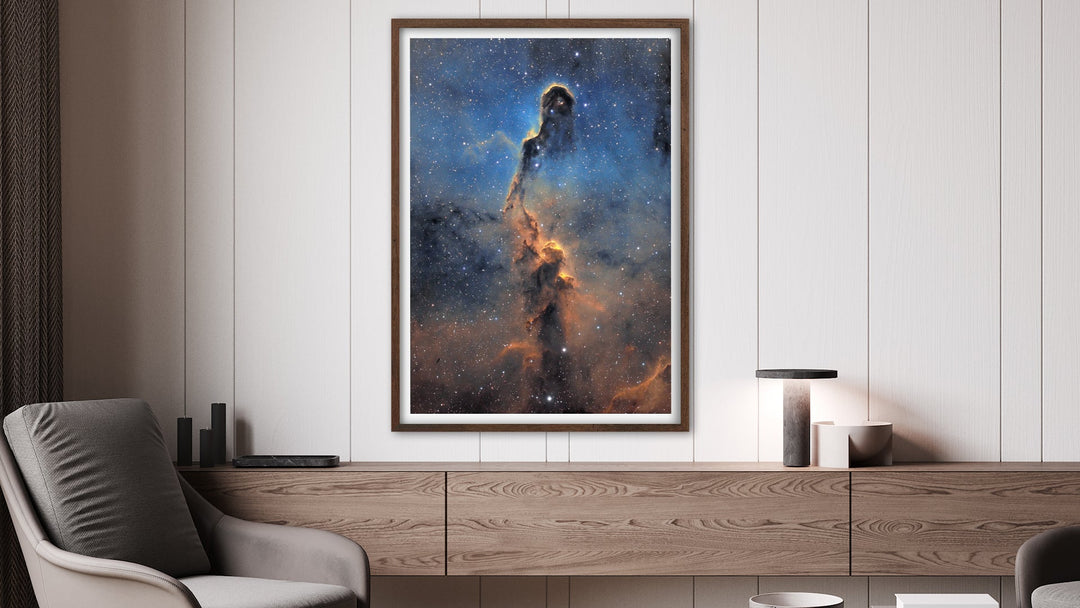Credits: NASA
You may also like
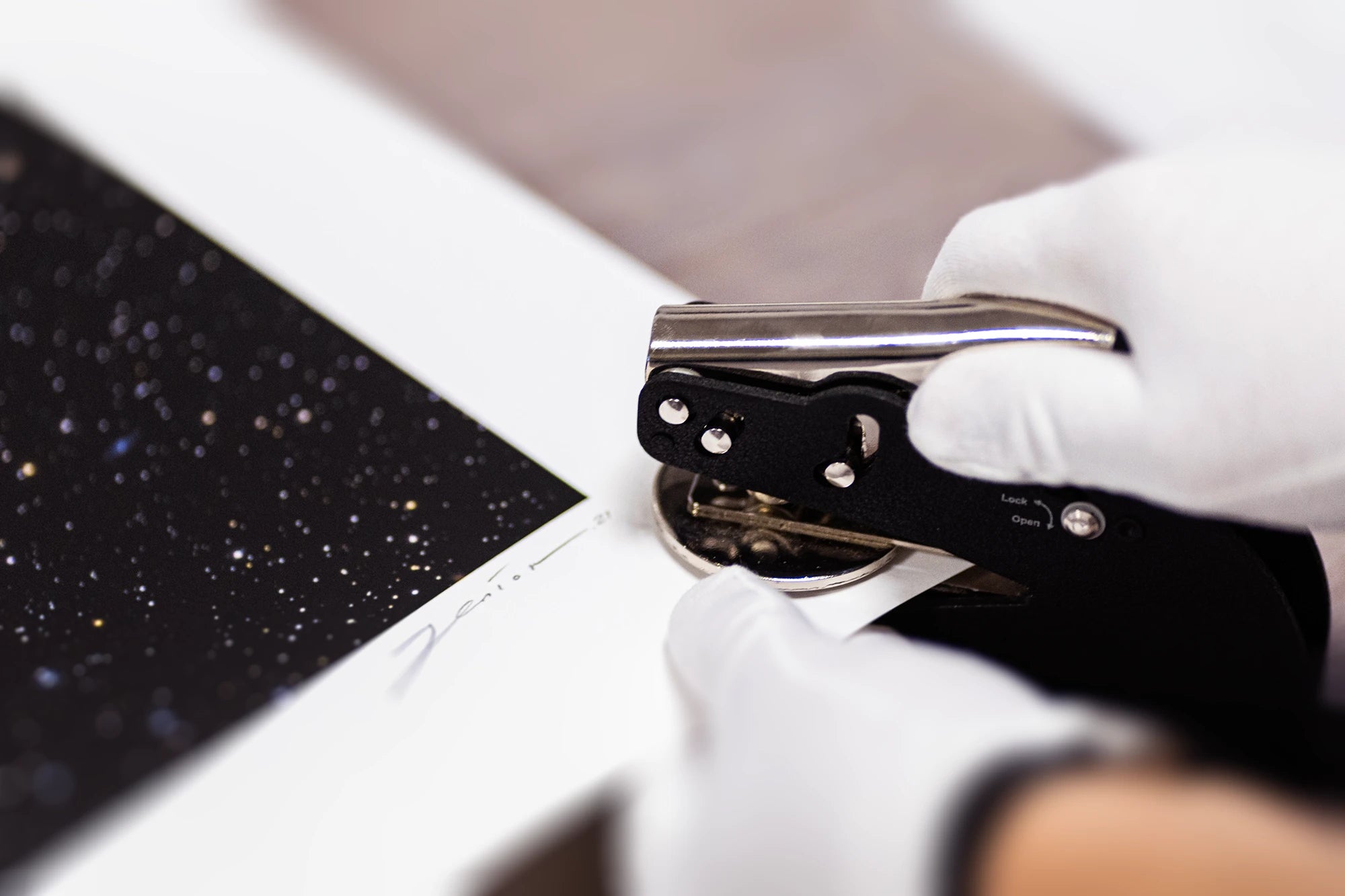
The Product
Unmatched Print Quality
Astrography uses cutting-edge fine art pigment printers, the same technology found in top art galleries and museums. Every print is crafted in-house, ensuring exceptional clarity, color, and durability. Experience the difference with Astrography.
Explore Astrography™ Prints
Super Happy Customers
We are immensely grateful to our fans for helping us become the leading global seller of Space Art. With our products reaching over 30,000 customers across 70 nations, your support has truly been invaluable.
Meet Jesion
Hey there, space enthusiasts! I’m Adam Jesionkiewicz, the founder of Astrography. A few years ago, I decided to step off the corporate ladder and follow my lifelong dream—immersing myself in the breathtaking beauty of the cosmos. Astrography isn't just a business; it's a sanctuary for anyone captivated by the stars, planets, and galaxies far, far away.

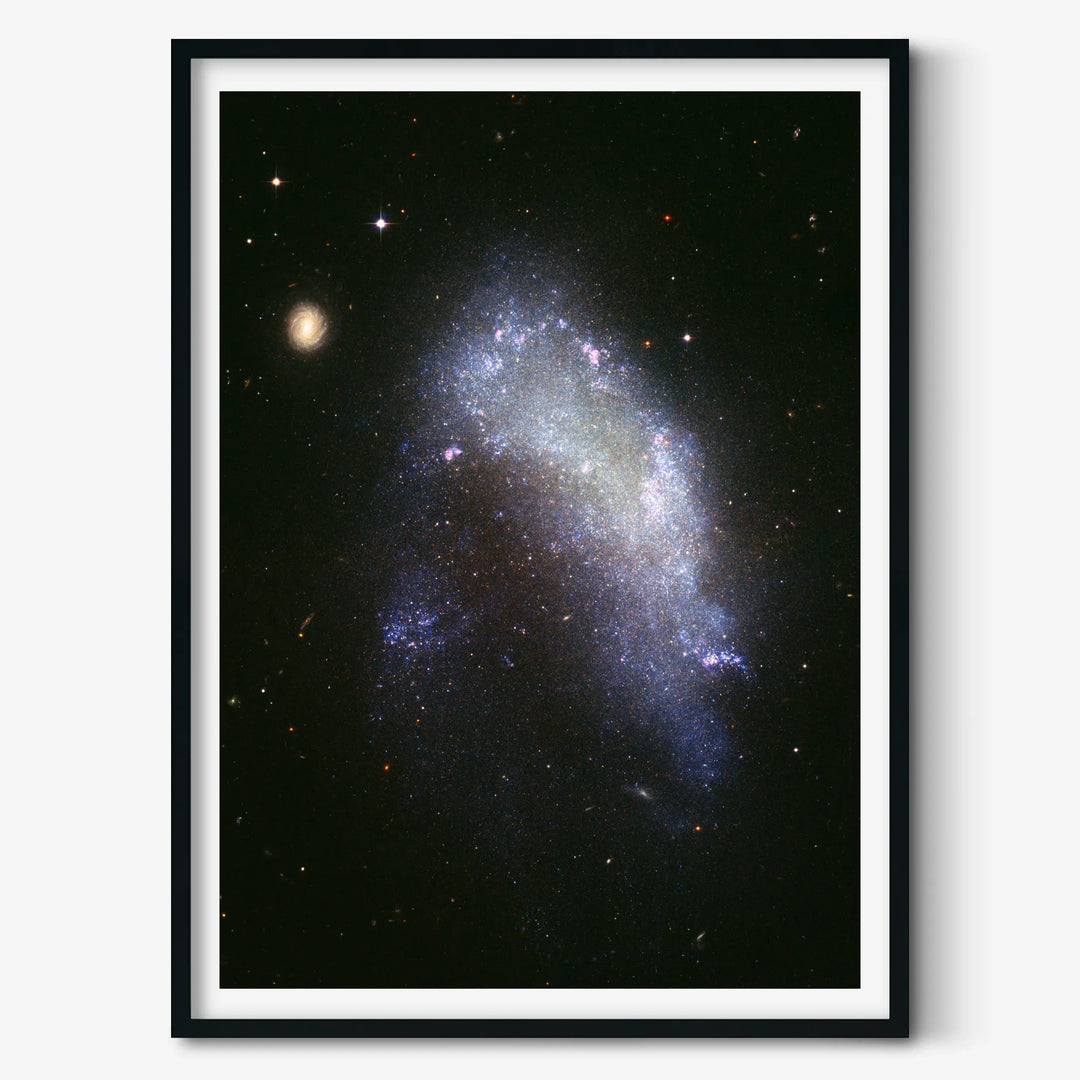
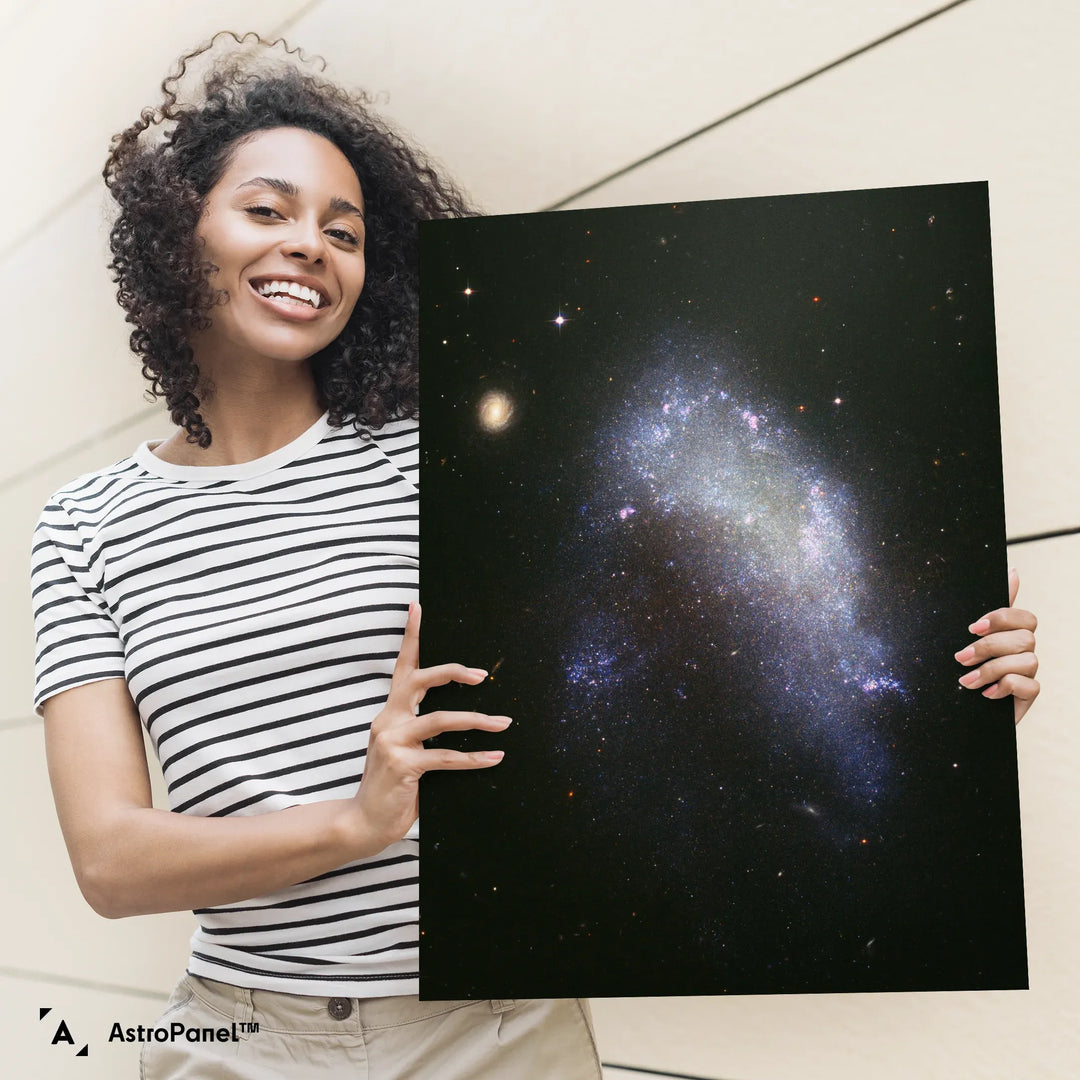
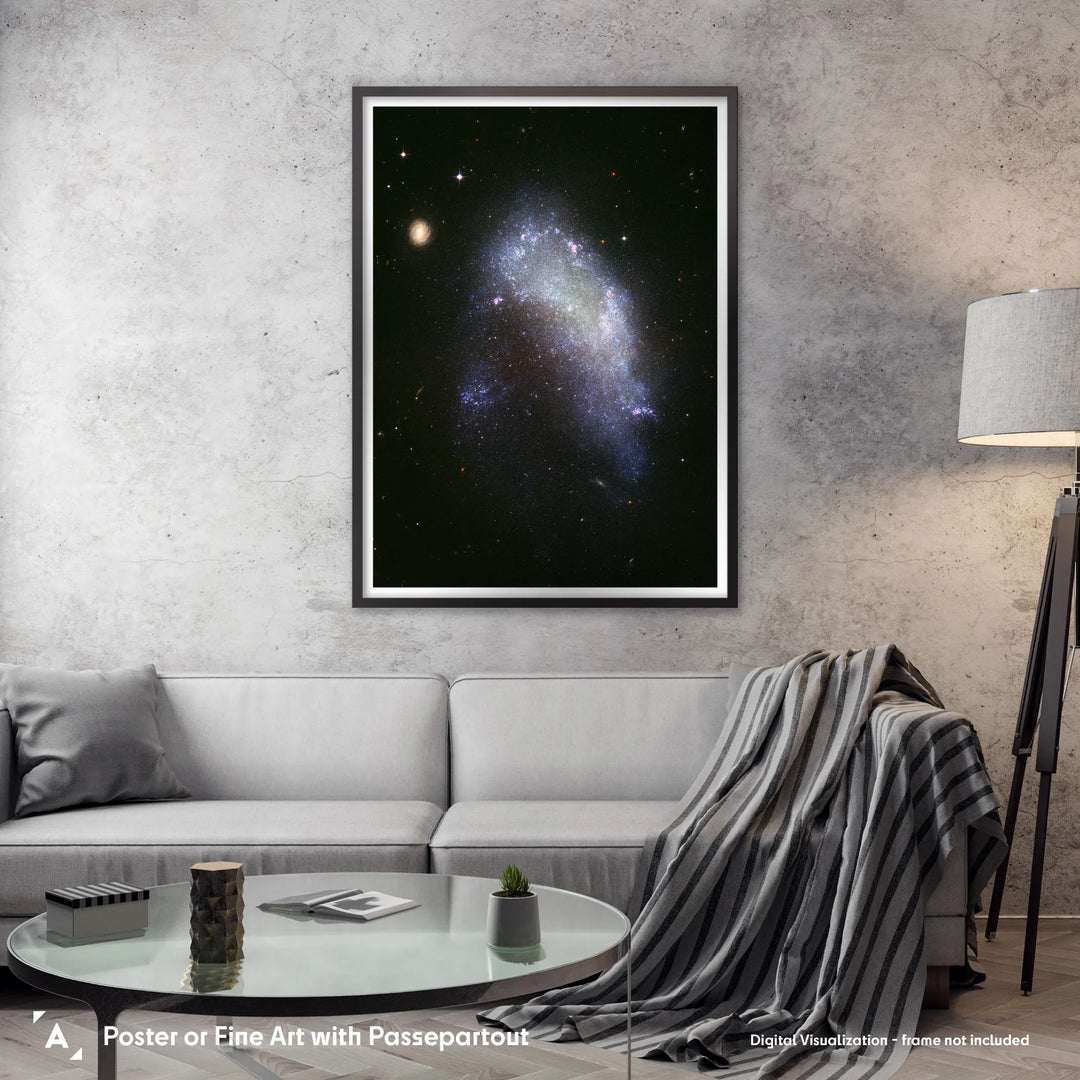
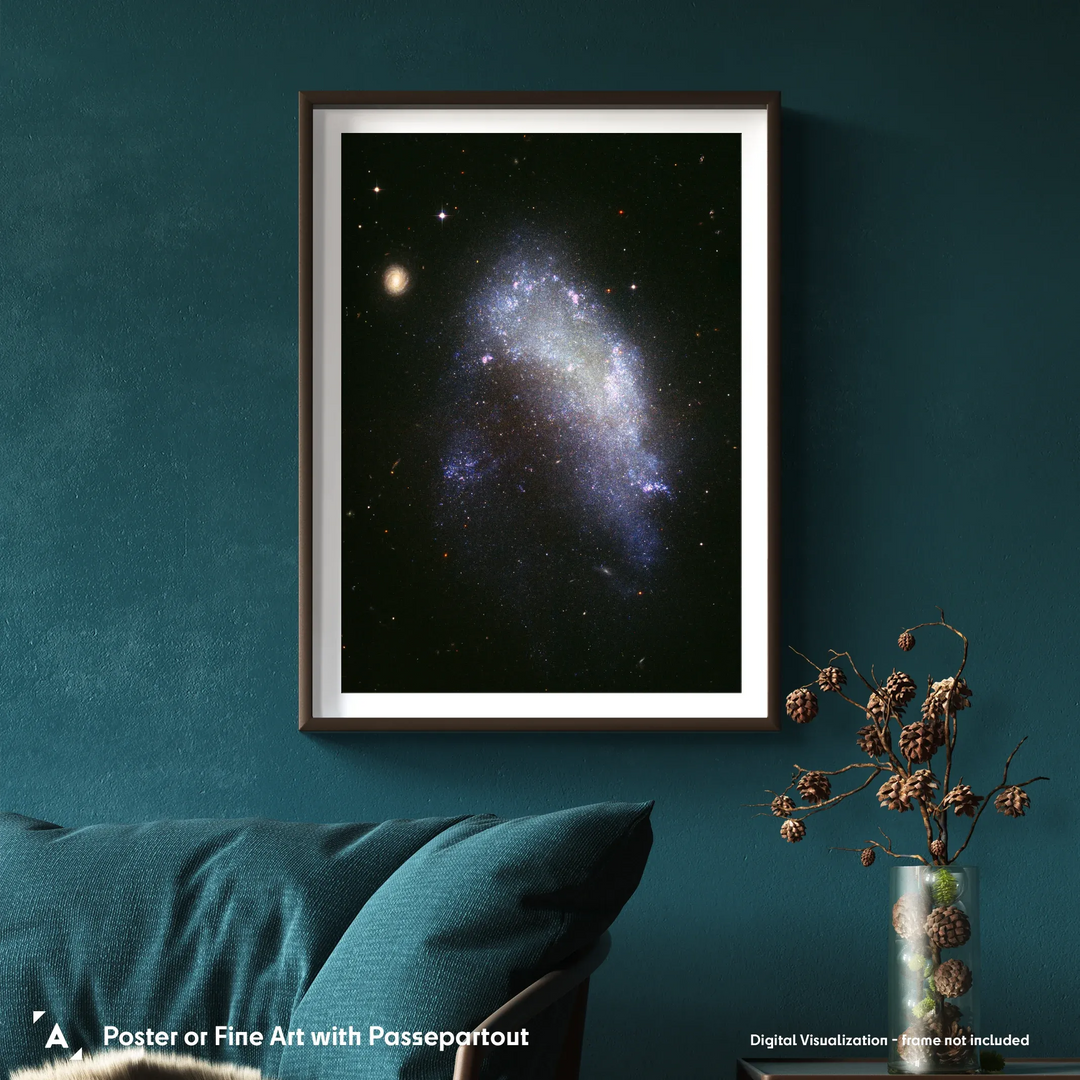
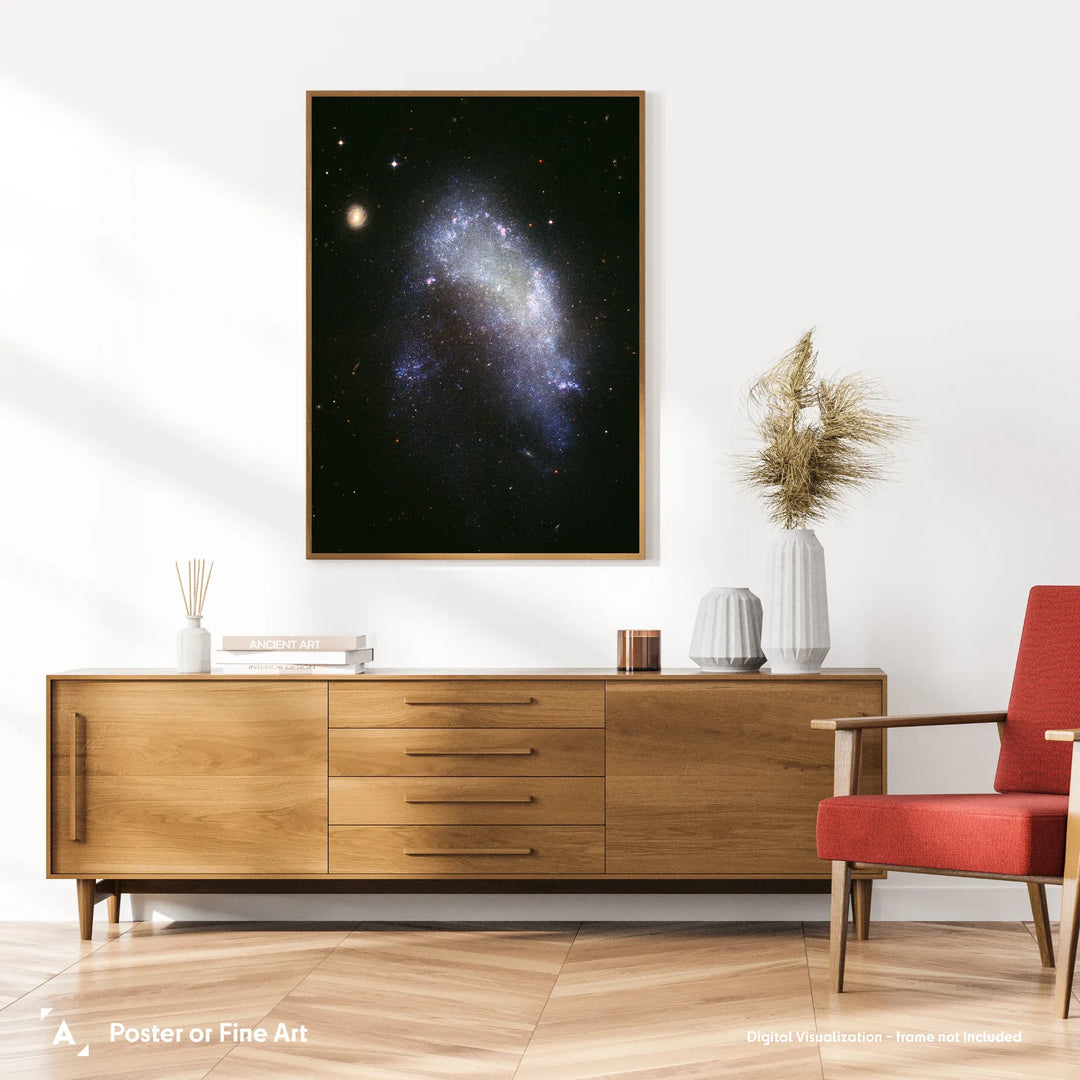
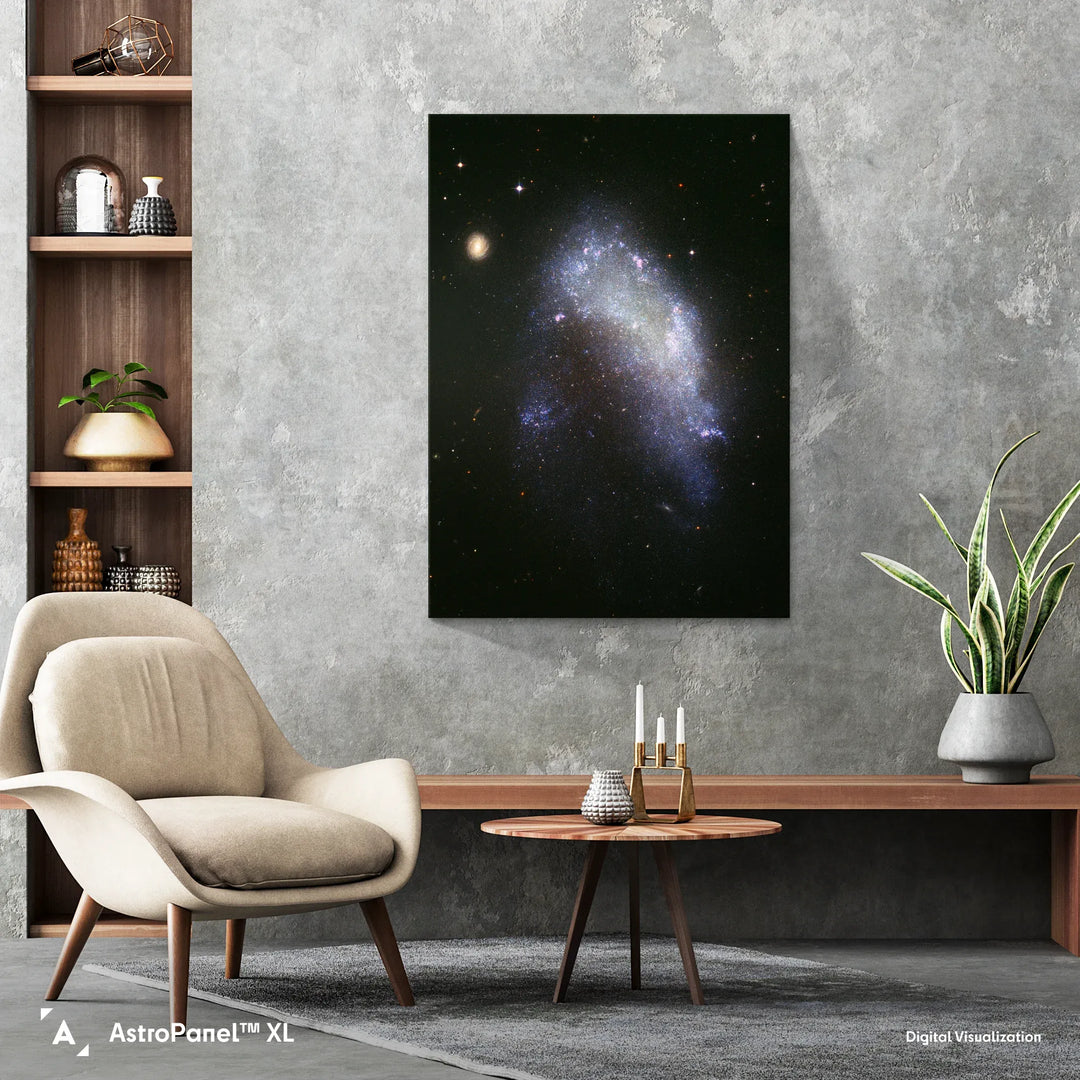
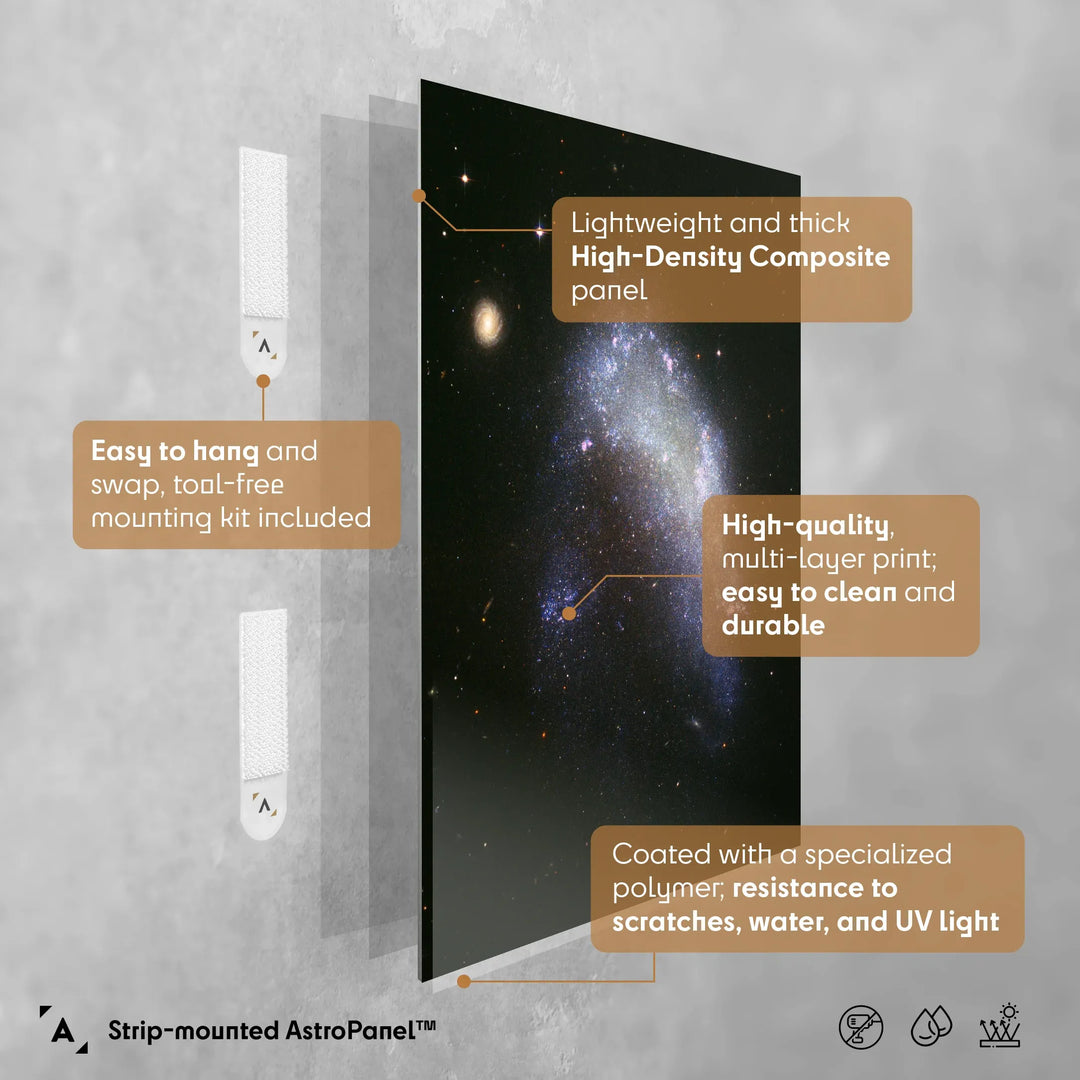
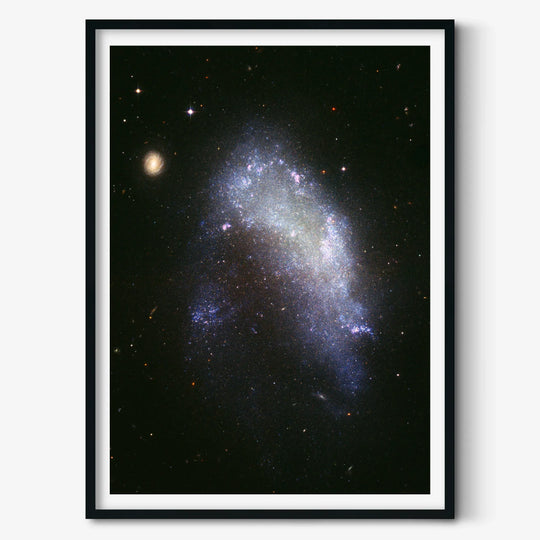
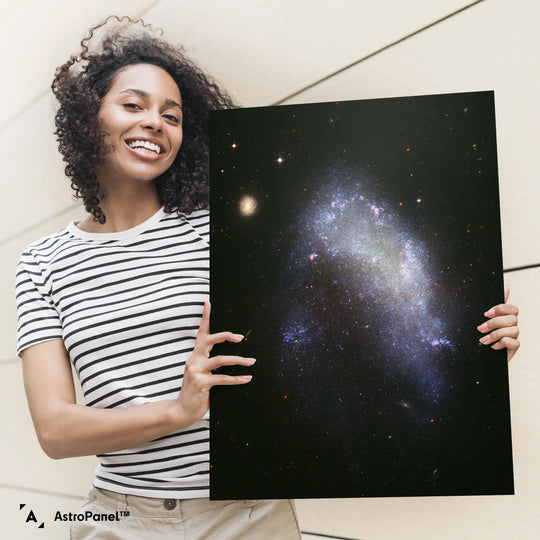
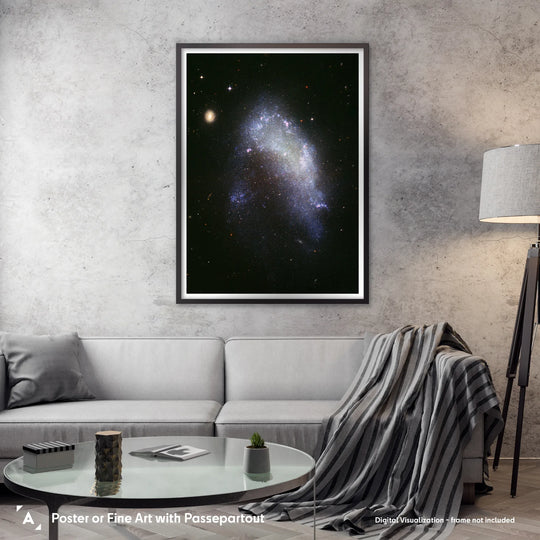
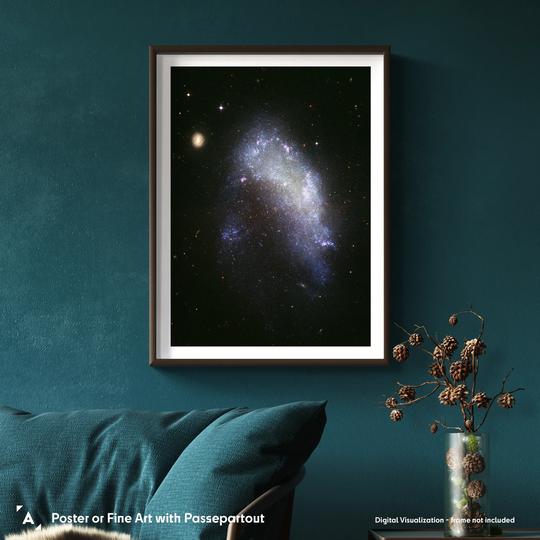
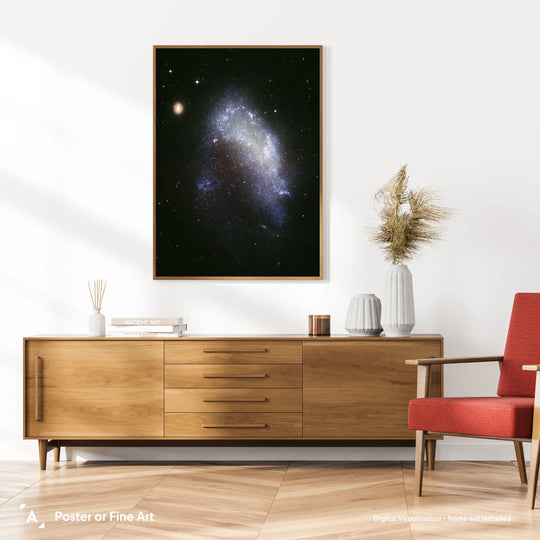
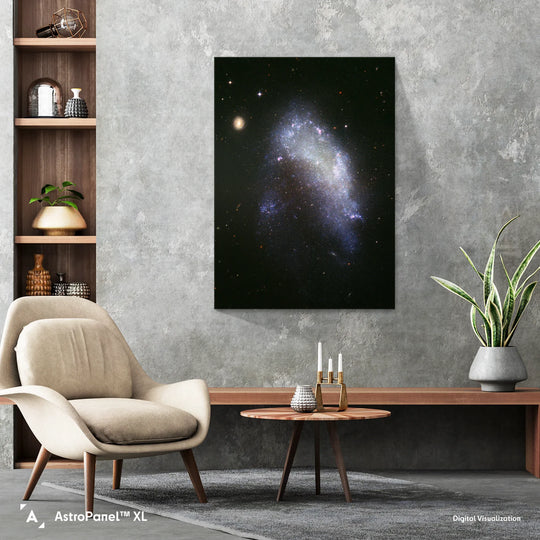
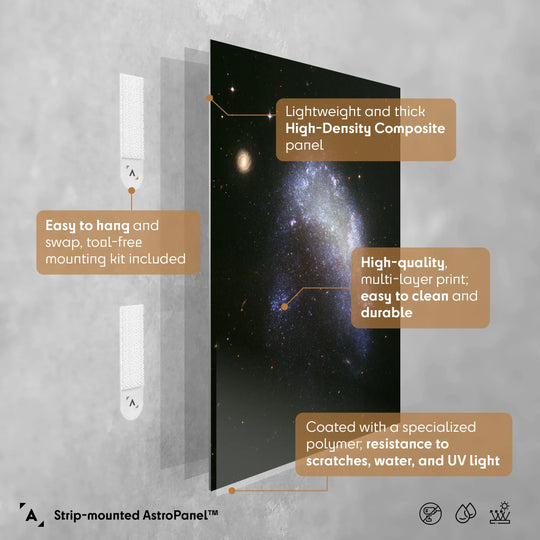

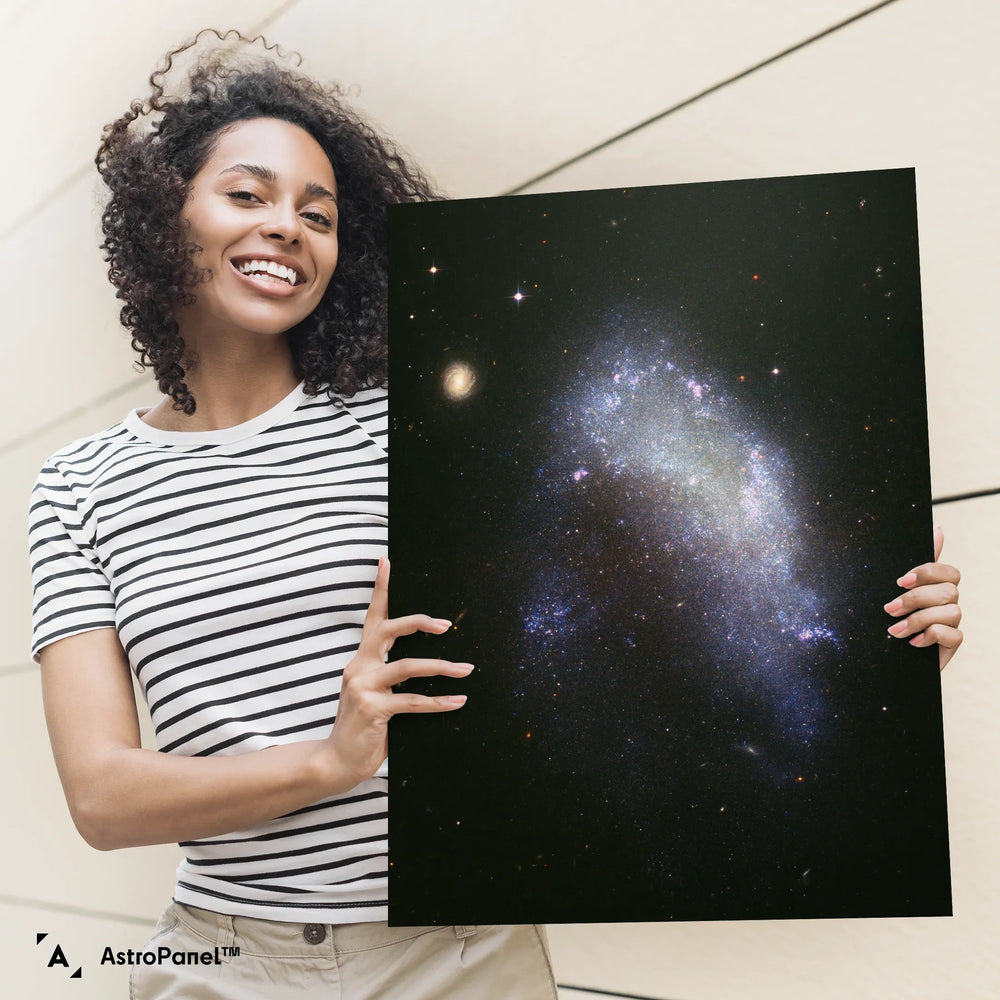
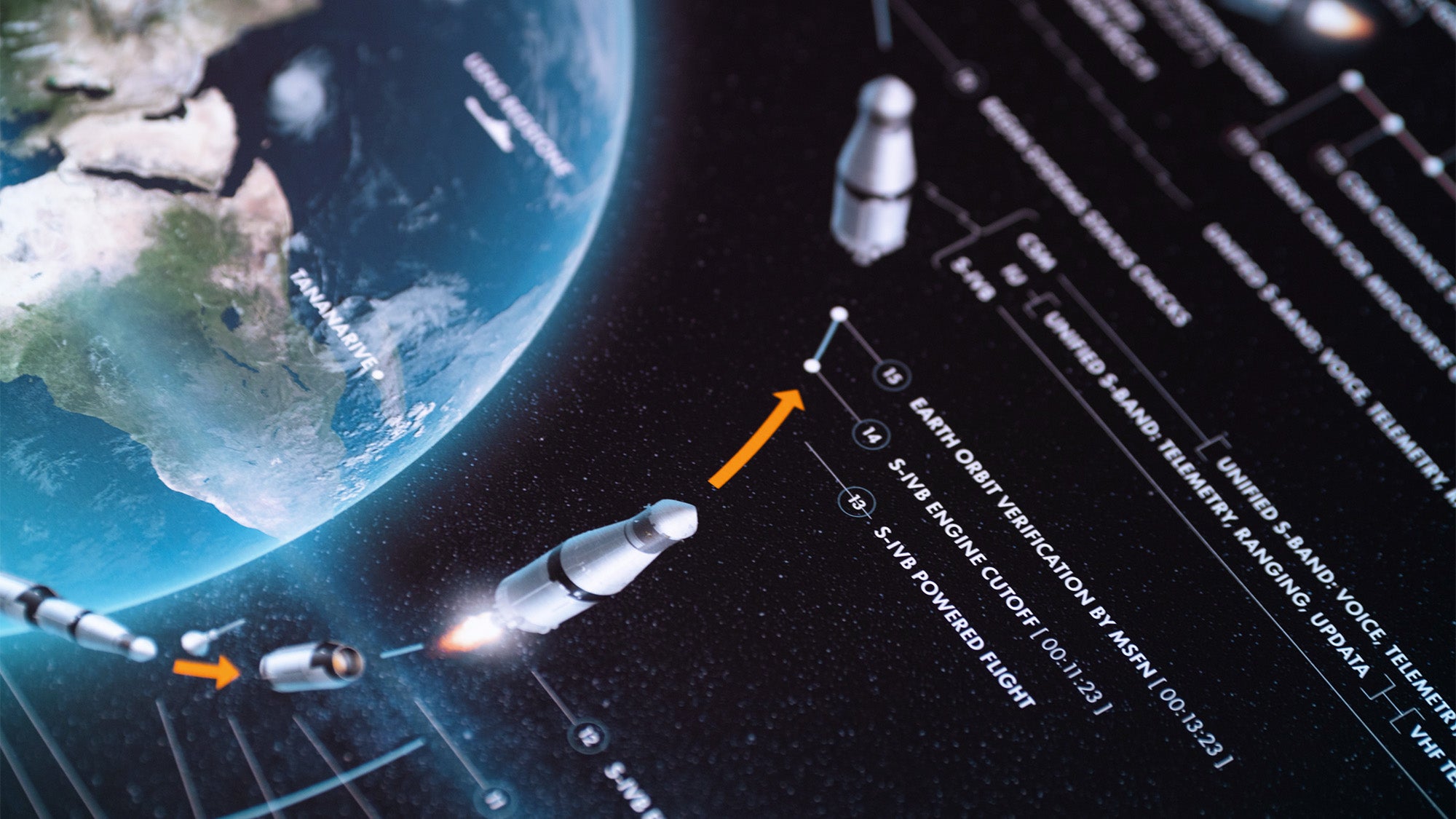
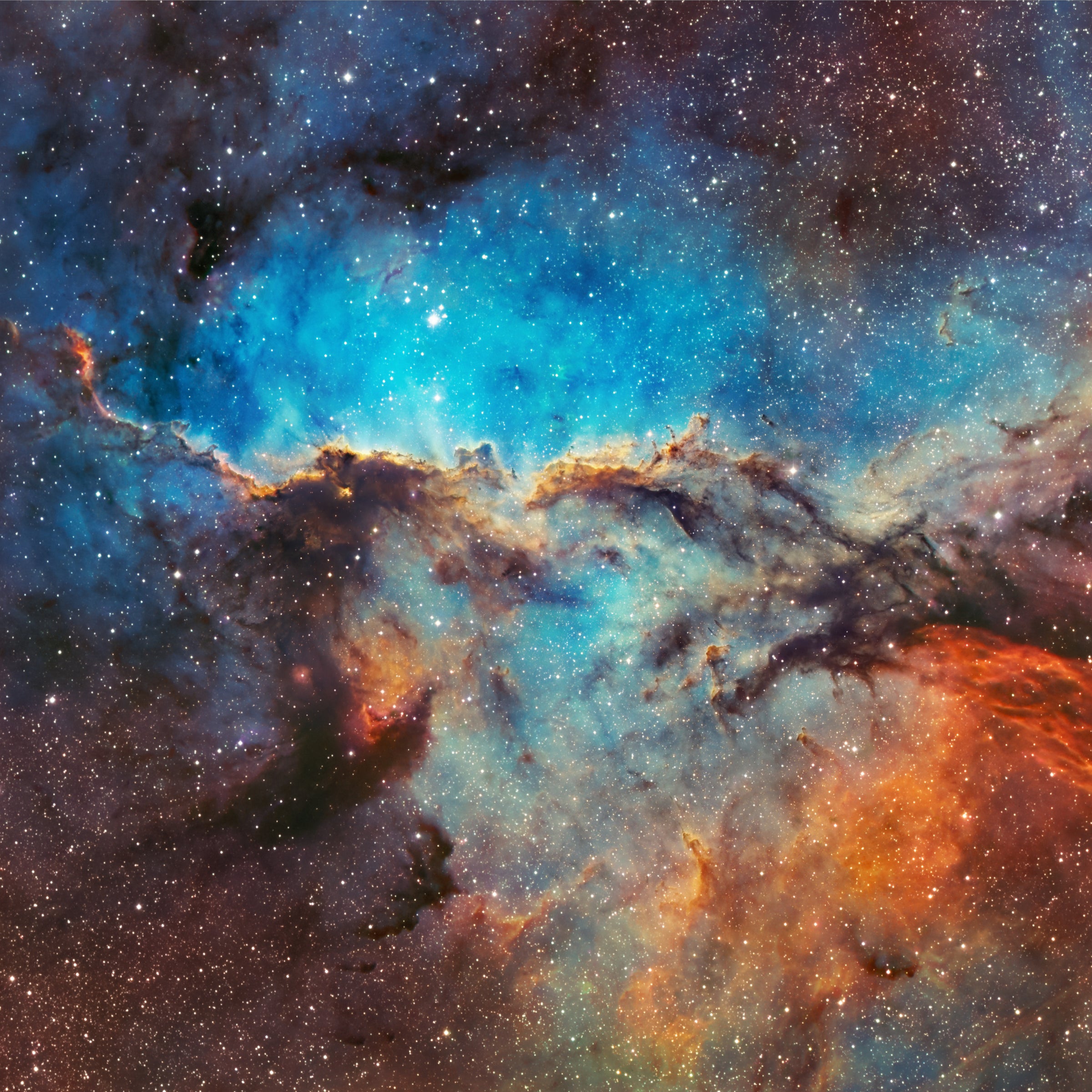
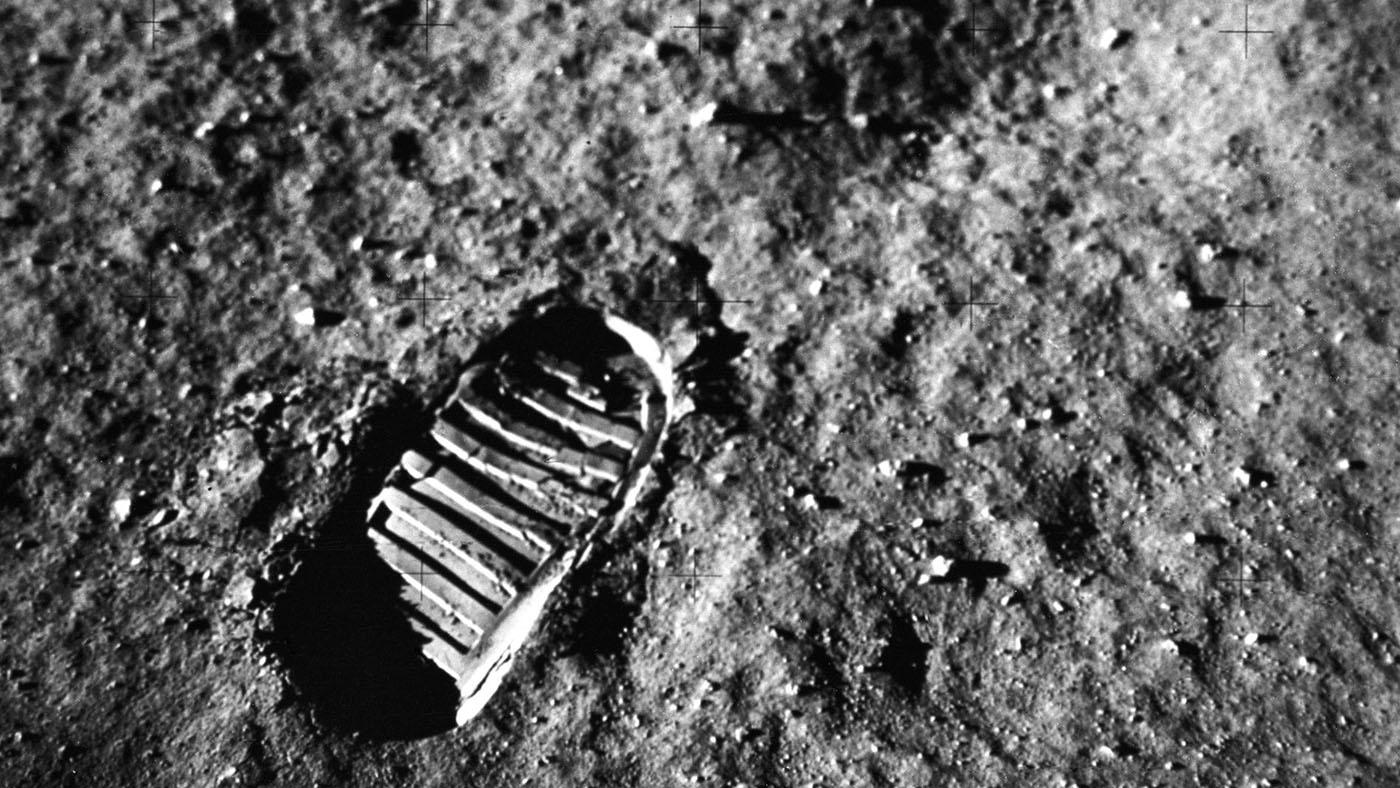
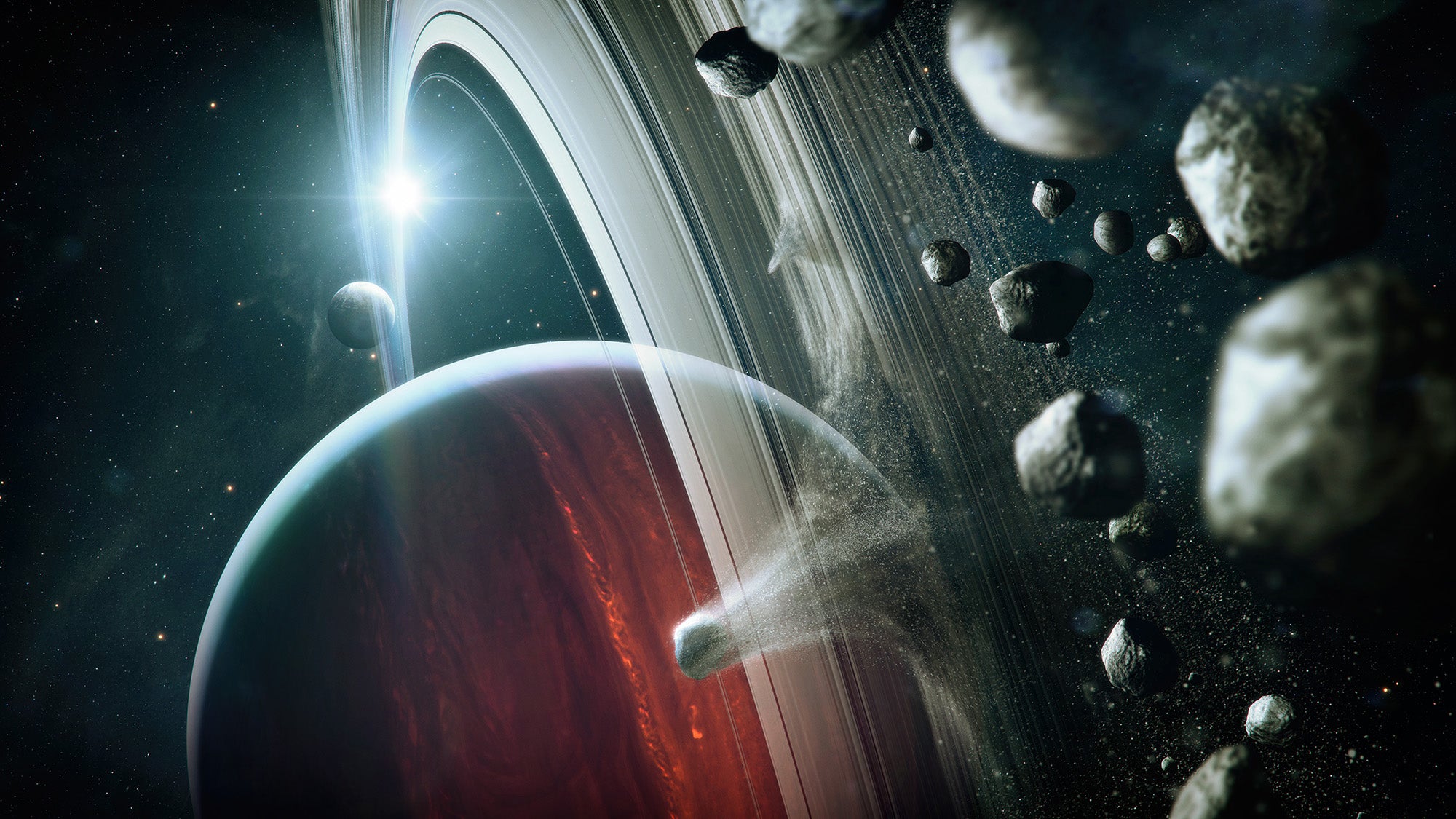
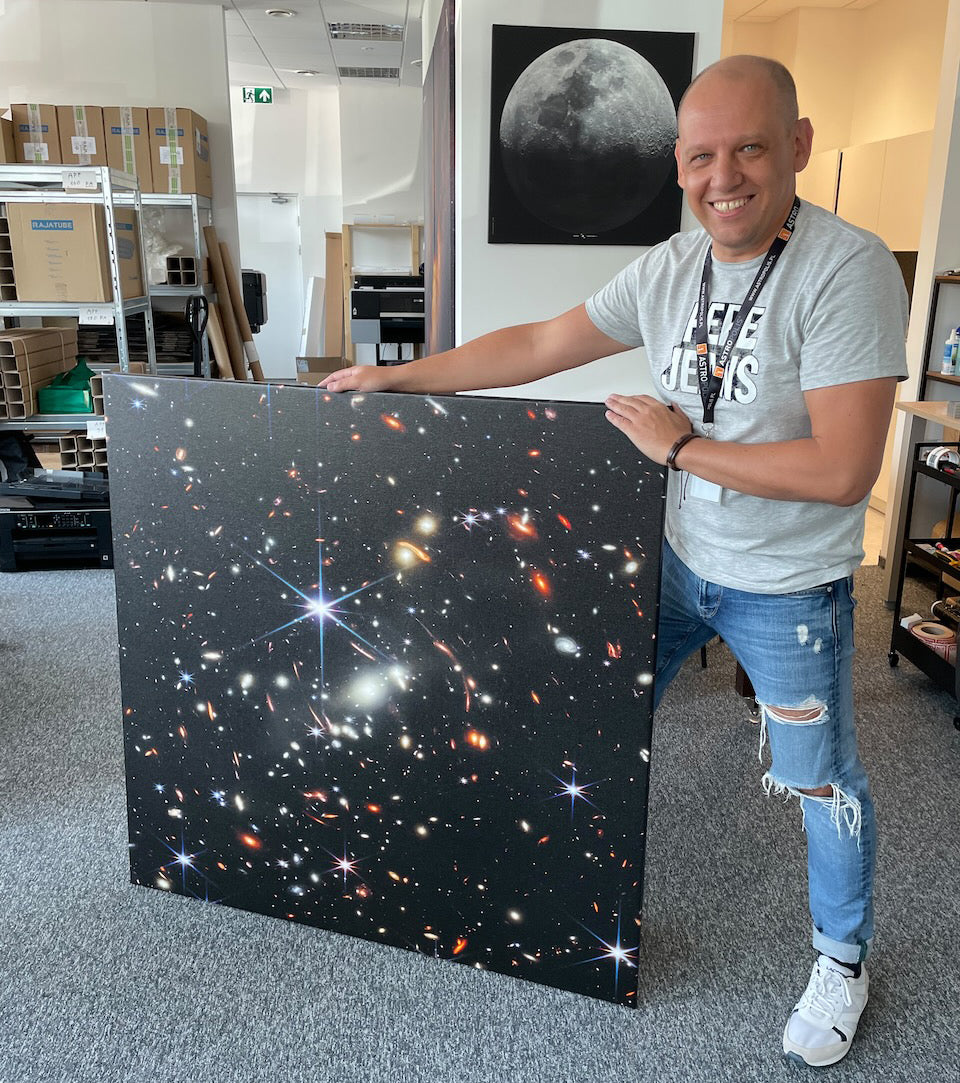
![4 Incredible Space Posters and Wall Art for Man’s Cave [Inspirations]](http://astrography.com/cdn/shop/articles/mans-cave-2-16x9-1_83814d94-574a-4782-a3a0-cf4e59620b81.webp?v=1763116144&width=1080)
